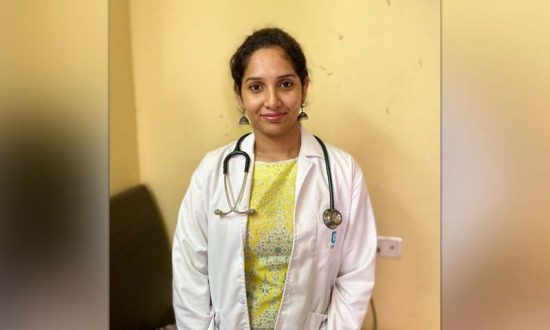Dr Sreelekha has completed her MBBS. She has 5+ yrs of experience working as Primary care Physician on Mfine. She initially worked with corporate hospitals and then as a resident in JIPMER for 2 years. She believes in a holistic approach to health care. She is also a public speaker, a blog writer and holds interest in spreading awareness on health through digital media.
As of now, in India, adults above the age of 18 are eligible to take both doses of either the Covisheild, Covaxin or Sputnik V. But, children under the age of 18 are not yet eligible. While the government has not mentioned specifics on travel after vaccination, most countries will allow travel while vaccinated. It’s also important to remember that those that have received Covaxin are still not approved for international travel in most countries. Either way, since children are not yet allowed to be vaccinated in most countries, some parents are wondering that should travelling be allowed, how would they do so with unvaccinated kids?
This topic of traveling with unvaccinated children of course is subjective, because it does depend on the parents involved in the situation. There are definitely risks involved when it comes to traveling with unvaccinated children, and parents should be aware of them.
It is recommended to not travel with unvaccinated children if they..
- Have underlying health conditions
- Have low or compromised immunity
- Have recovered from a COVID-19 infection
- Are prone to bacterial and fungal infection
- Have been exposed to COVID-19 positive individuals
- Are on steroid, immunosuppressant, and oxygen therapy for other medical conditions
The risk of having severe disease is higher in above mentioned conditions
Furthermore, the destination to which you’re travelling with your unvaccinated child is important. There are states (or countries) that have increased cases of the COVID-19 infection, and therefore pose a higher risk for those that are not vaccinated. It also depends on how you are travelling. The chances of getting exposed to more people is higher with plane travel (be it in the airport or on a plane) than by road. The reason for travelling is more important as travelling to attend a wedding or other large gathering will increase the risk of contracting infection. As for now, experts have suggested that adults are more commonly at risk for contracting the COVID-19 infection compared to children.
Although it is generally difficult to completely eliminate risk at a time when we are still seeing a lot of virus circulating, here are precautions to take when travelling with unvaccinated children.
- Carry their health records, should anything happen during travel
- Make sure to commute in hygienic modes of transportation
- Wear masks and use hand sanitizer regularly (masks are not to be used for children less than 5 years).
- Disinfect frequently touched surfaces such as public seats.
- Disinfect any medical equipment used for other medical conditions
- Avoid crowded places. Always practice social distancing
- Take part in activities that reduce exposure to the COVID-19 virus
Should your child exhibit any symptoms of a COVID-19 infection before, during or after travel, make sure to consult online with a pediatrician immediately. Early detection and treatment can help reduce the severity of symptoms and increase effectiveness of treatments. Traveling with unvaccinated children can cause anxiety, but being cautious about their health should be a priority.
Signs to look out for
There are other illnesses such as the Flu that can cause the same symptoms of early COVID-19. With the monsoon season set in, it’s important to be aware of certain distinguishing features between flu and the novel virus.
The symptoms of the flu are more abrupt in onset taking about 1-3 days to cause symptoms. Younger children are at more risk for developing complications of flu. The symptoms of the flu can include:
- Fever with chills
- Muscle aches
- Runny nose with congestion
- Headaches
- Sore throat
A COVID-19 infection takes 5 days to cause symptoms which include:
- Fever, with muscle pains
- Loss of taste and smell
- Fatigue
- Shortness of breath
- Dry cough.
Severe Covid-19 is more seen in school going children than younger children
Besides following basic hygienic protocols mentioned above, make sure that children above the age of 6 months be administered the flu shot.






